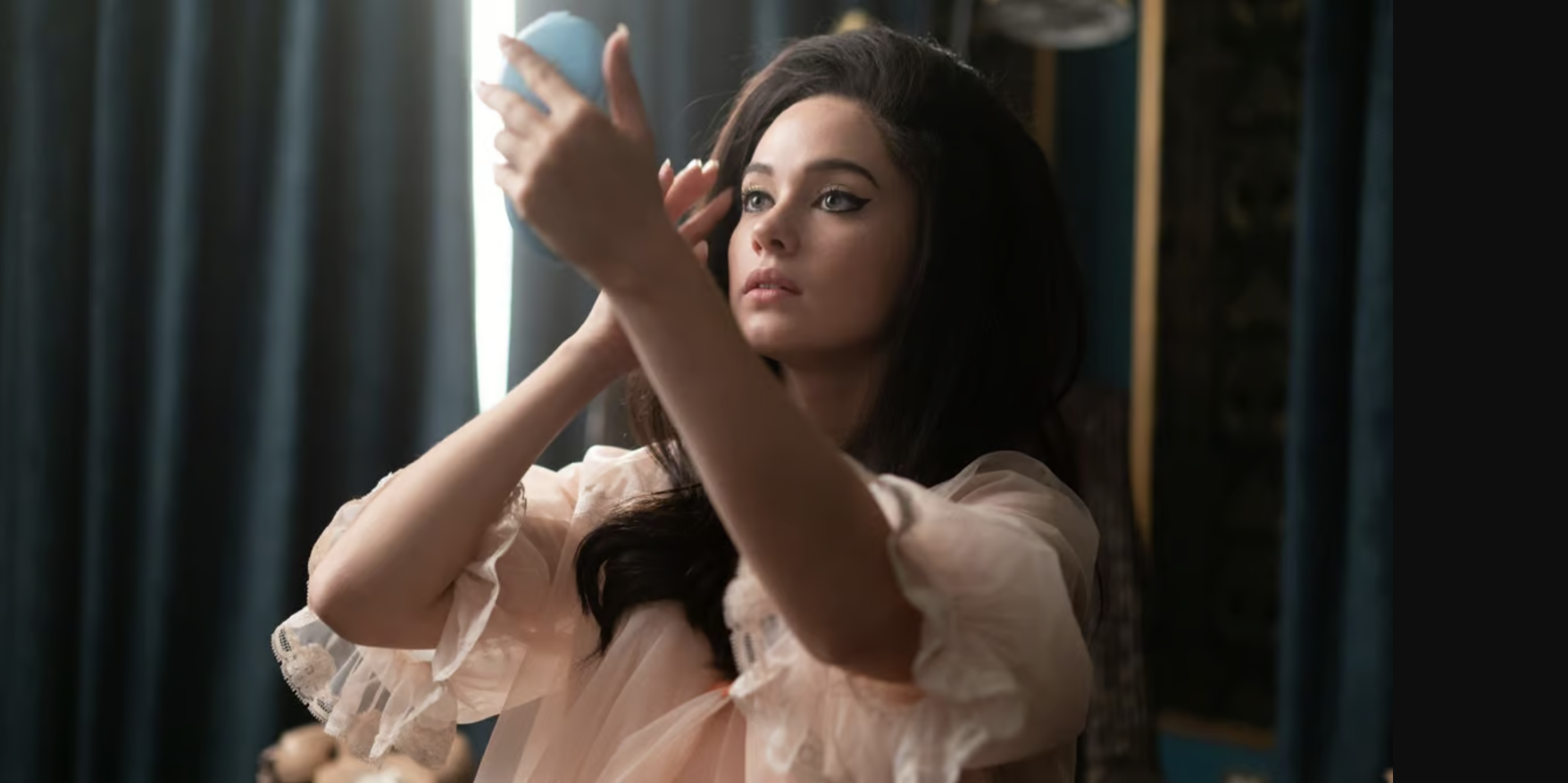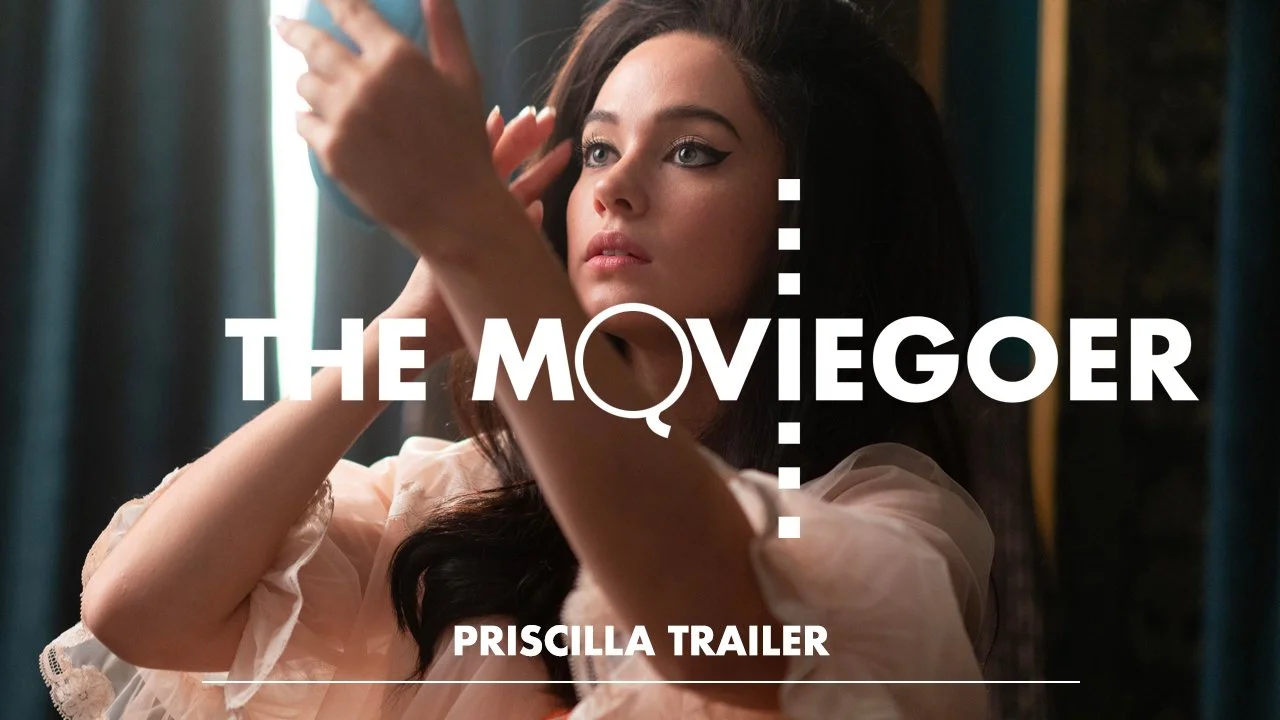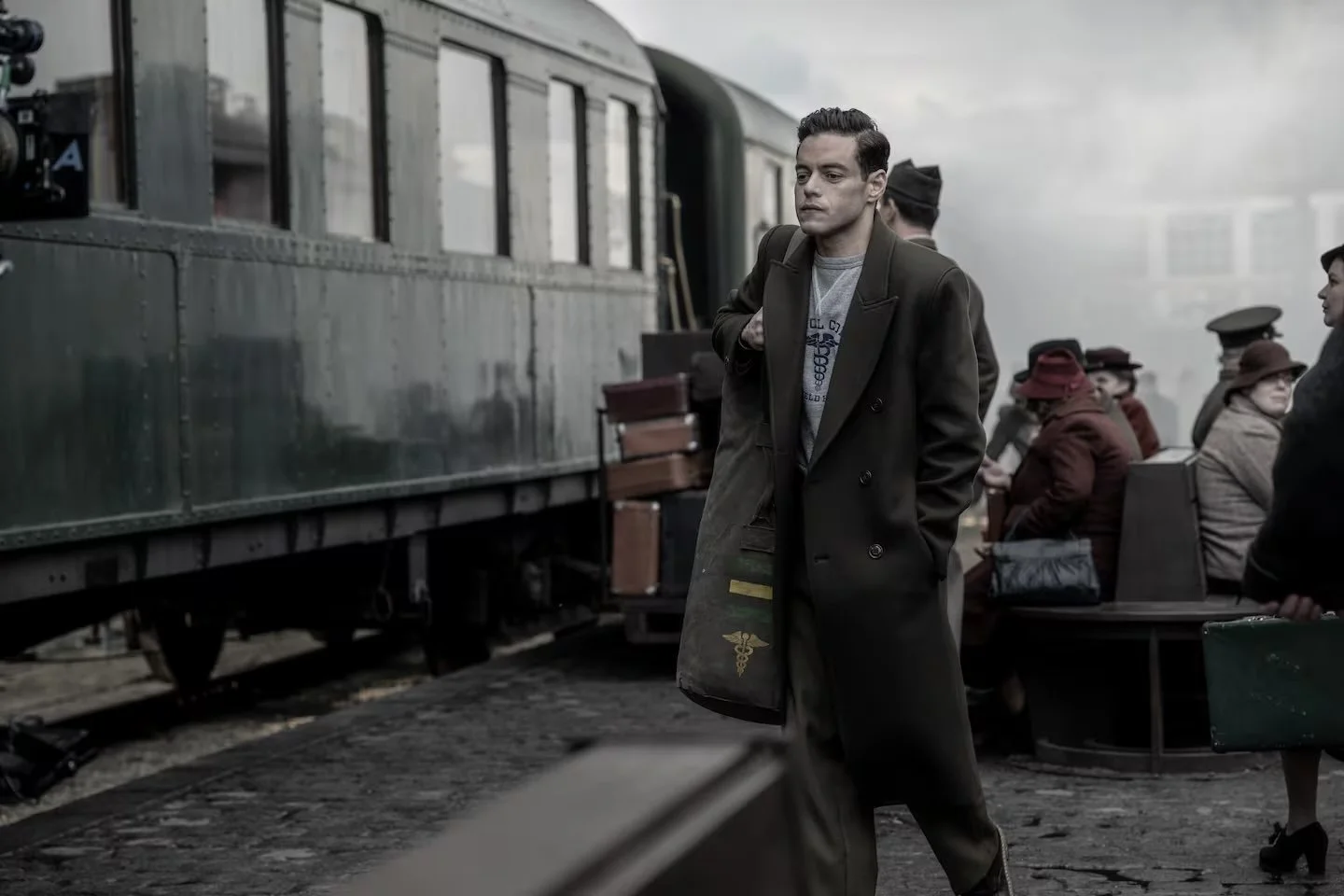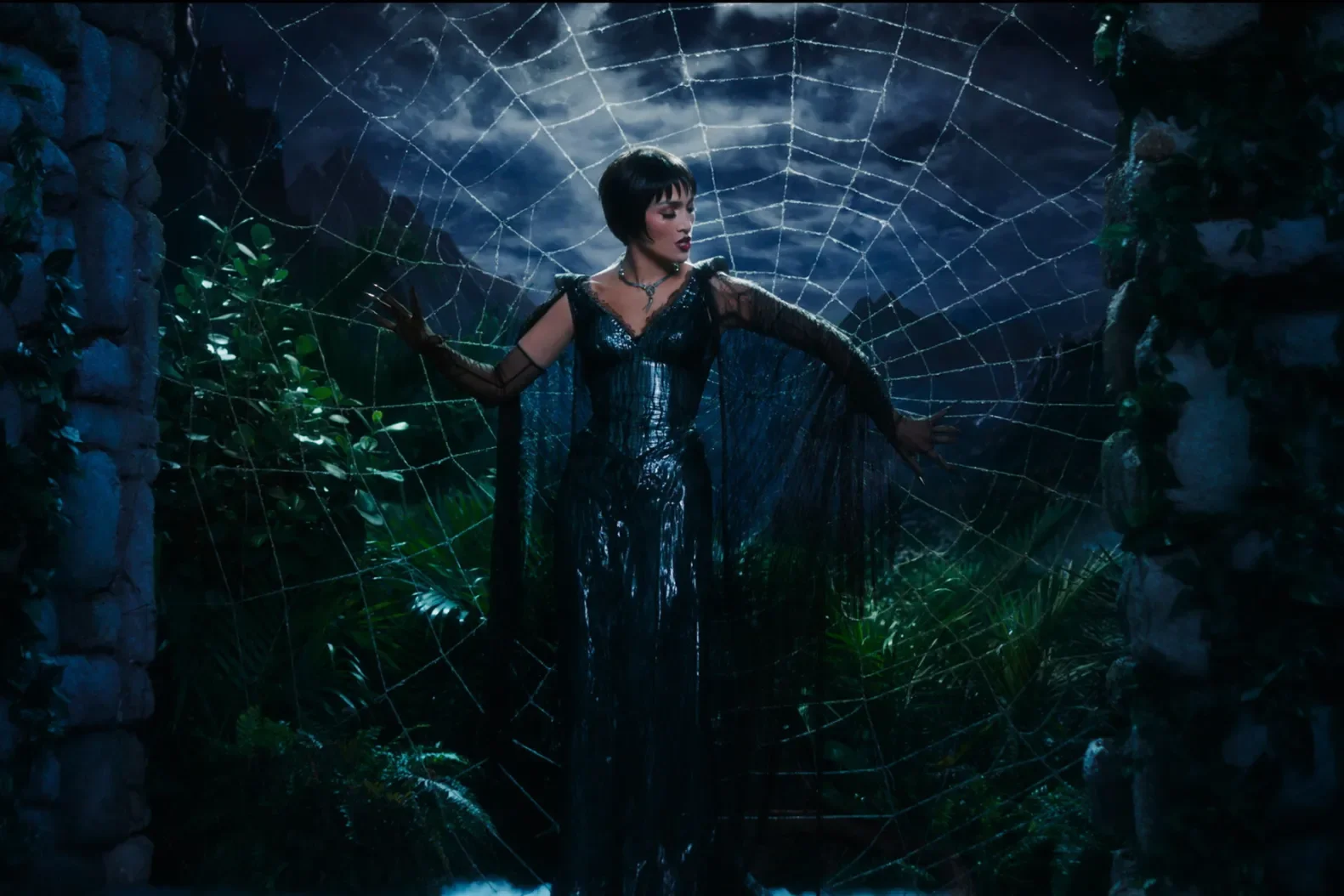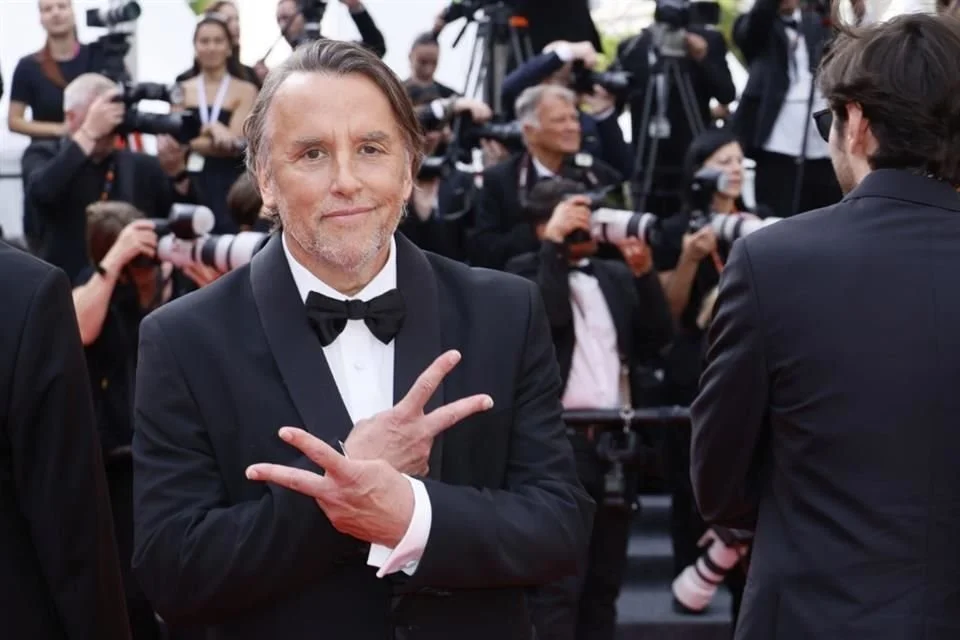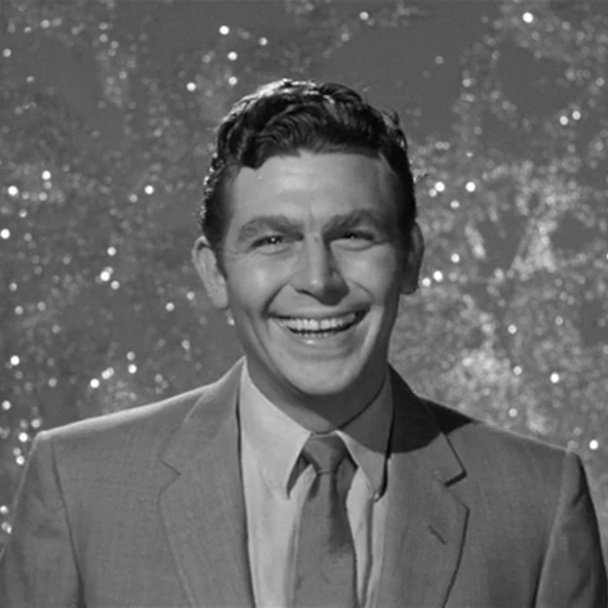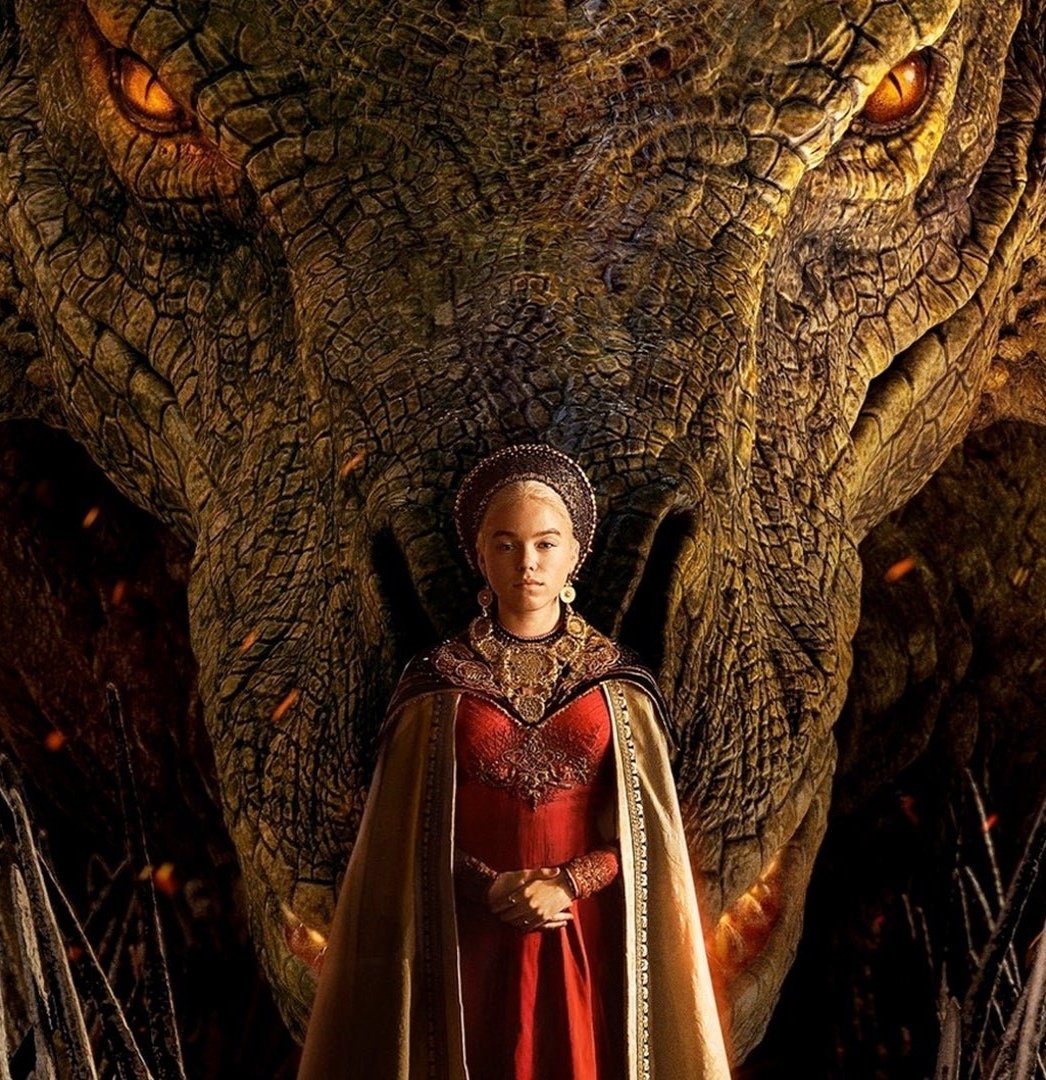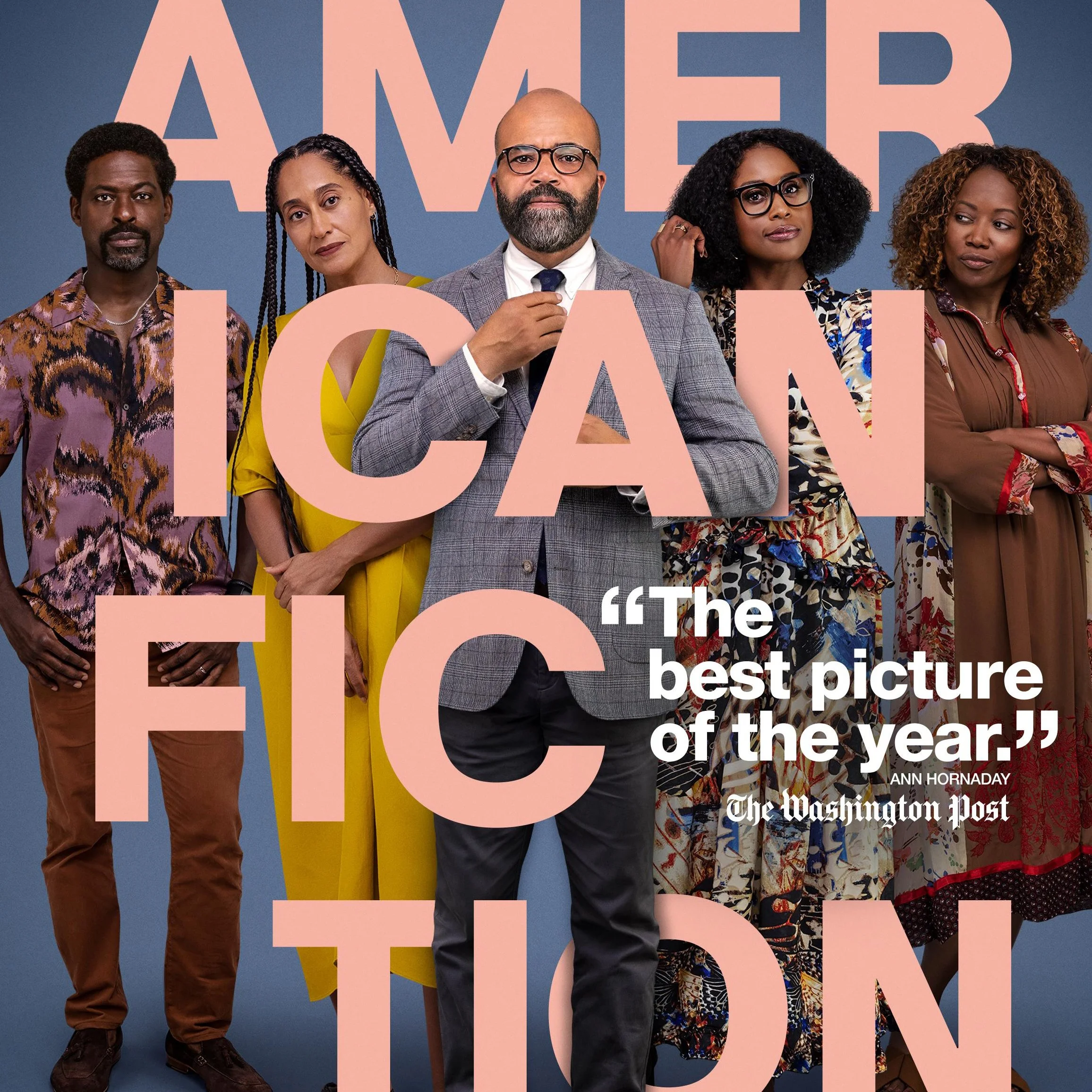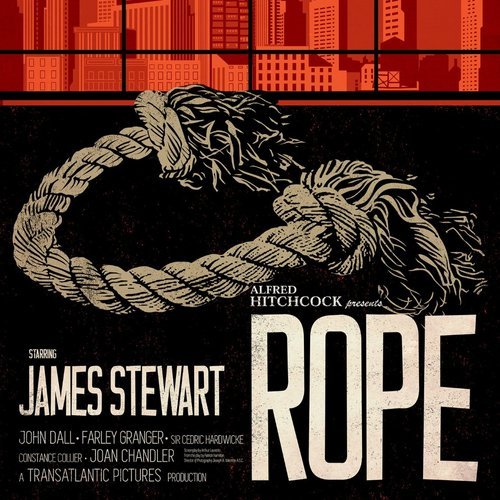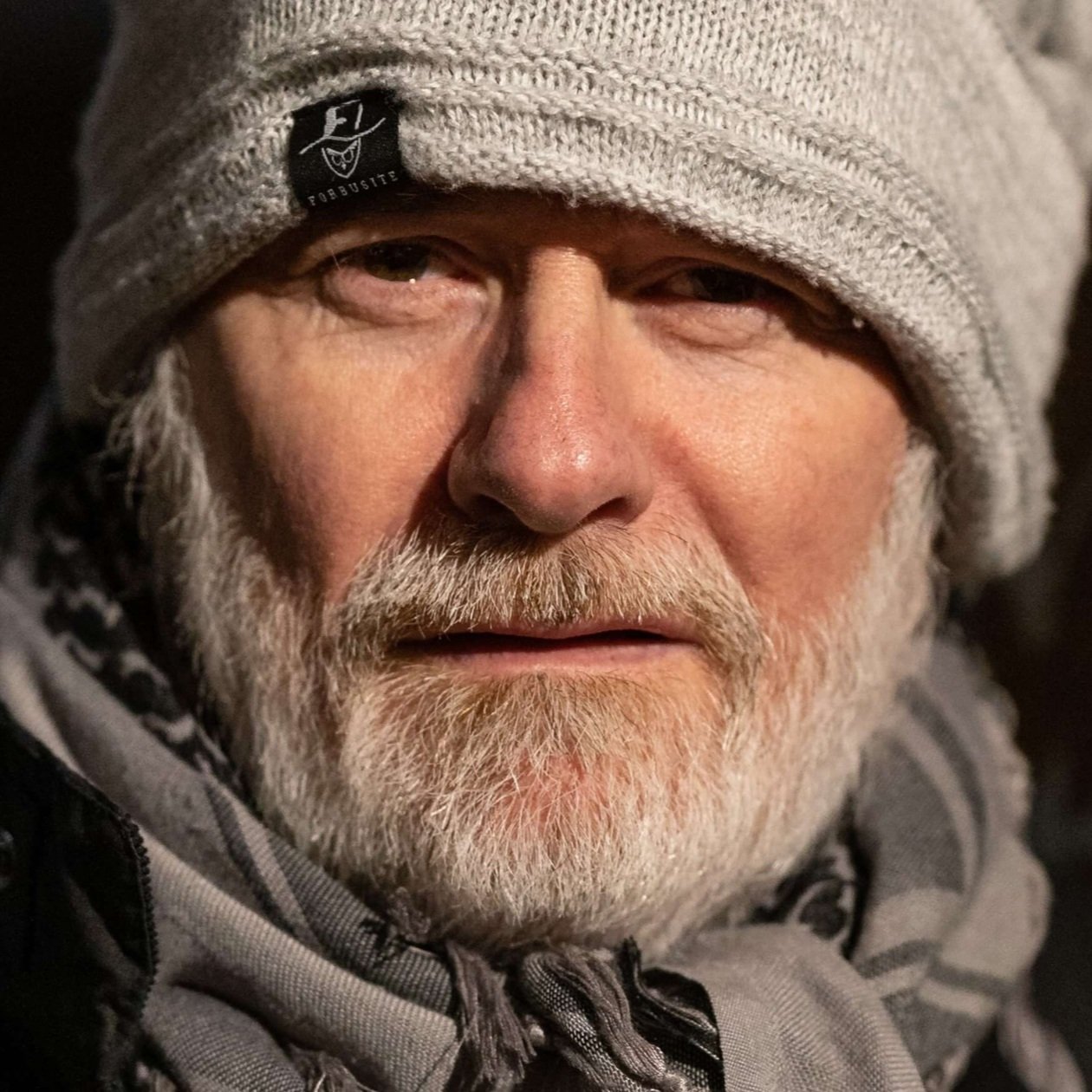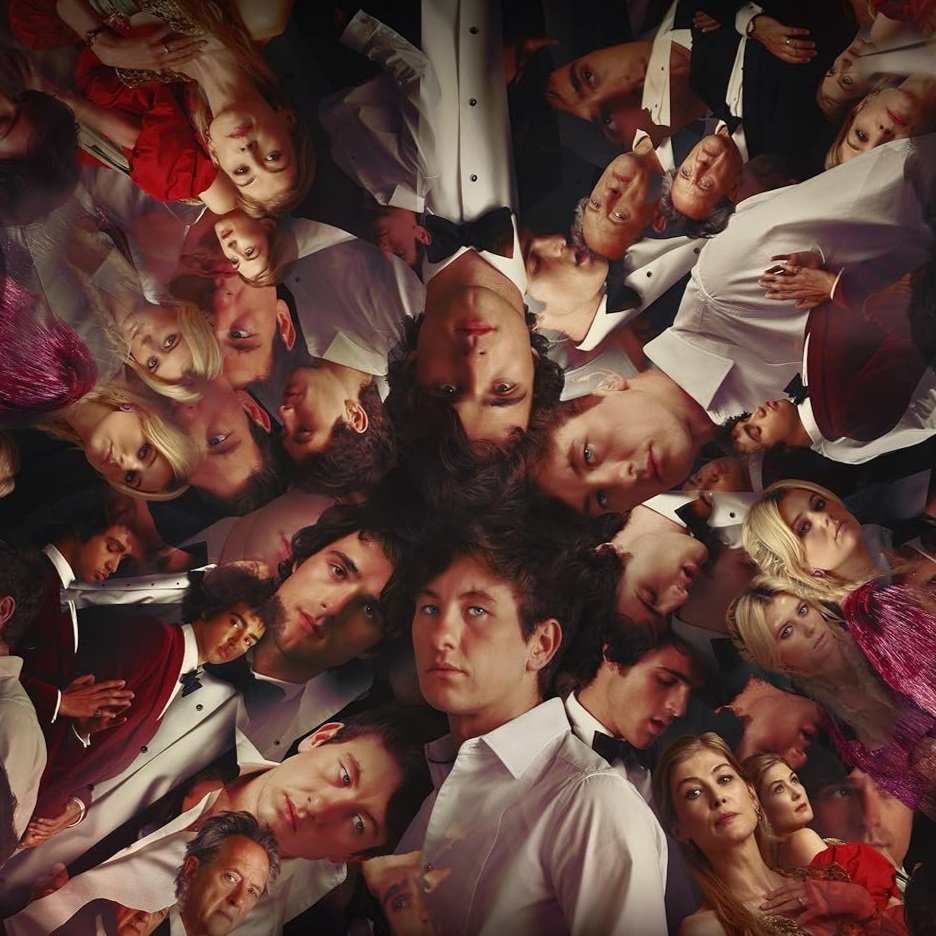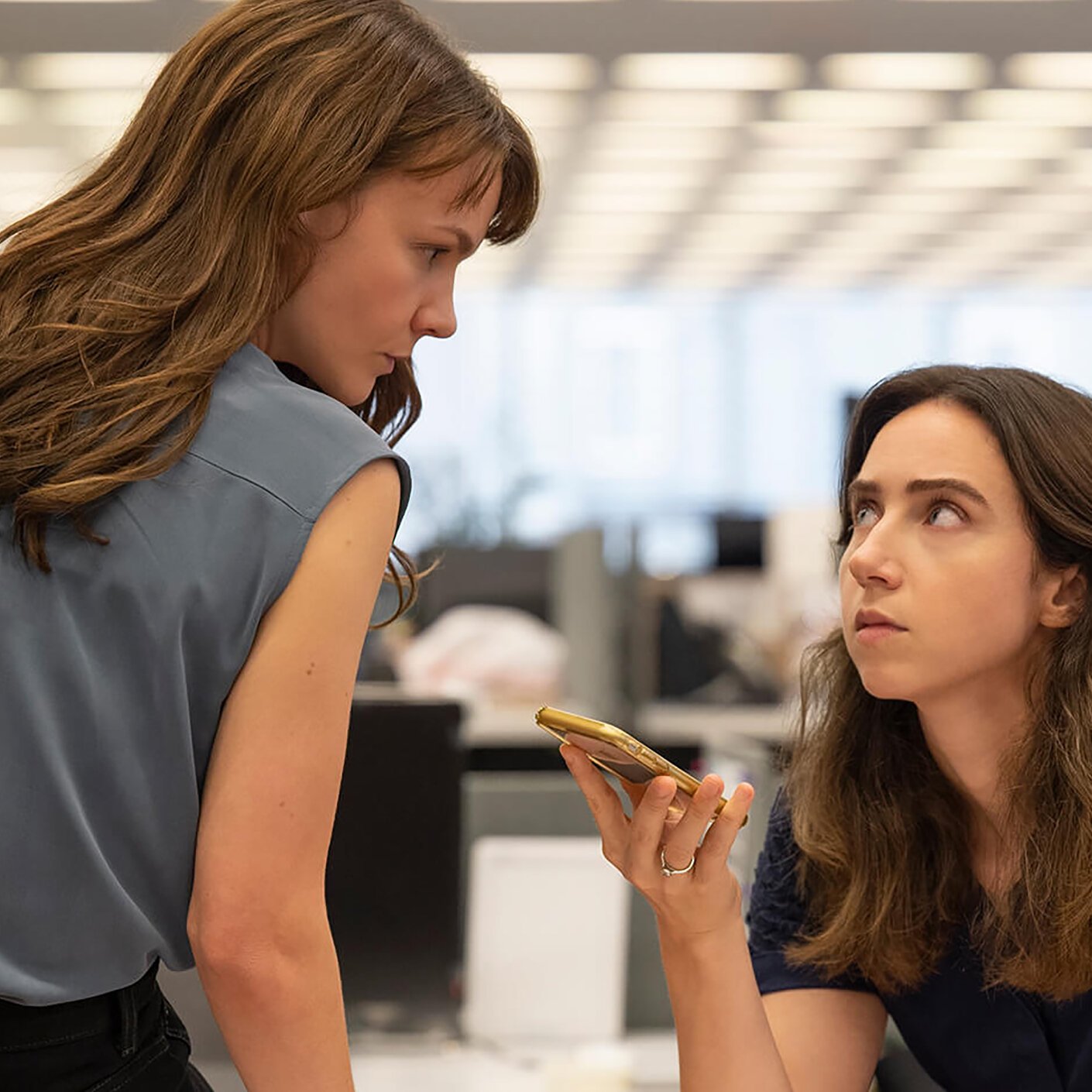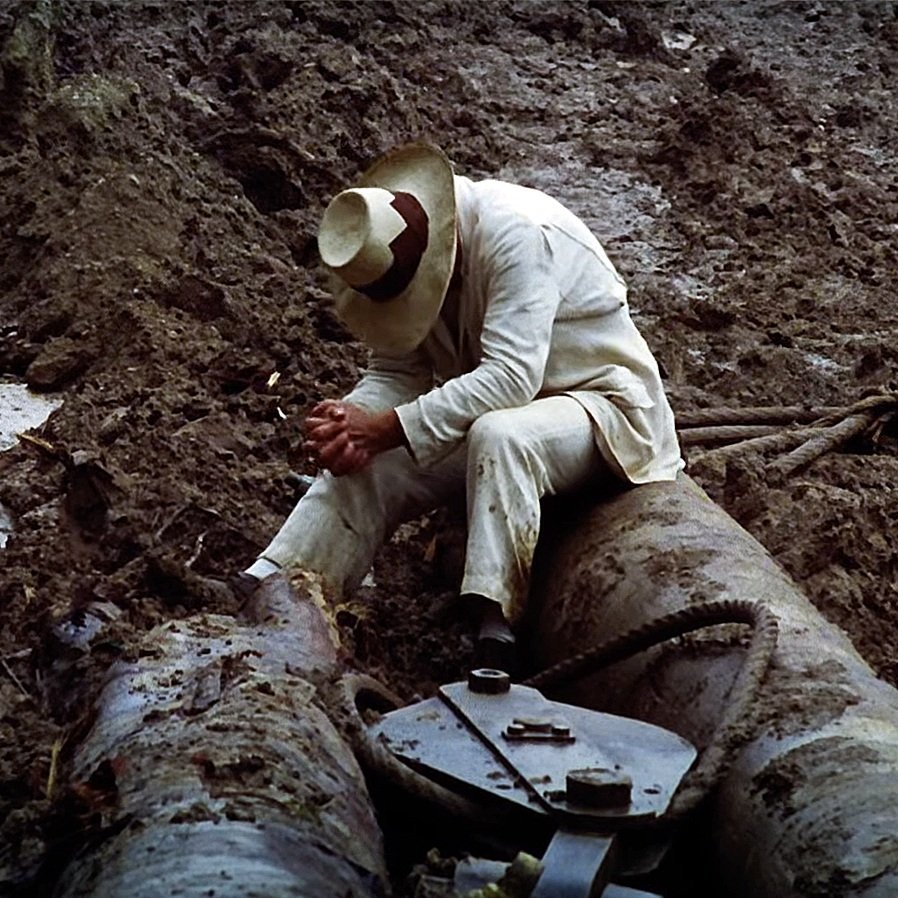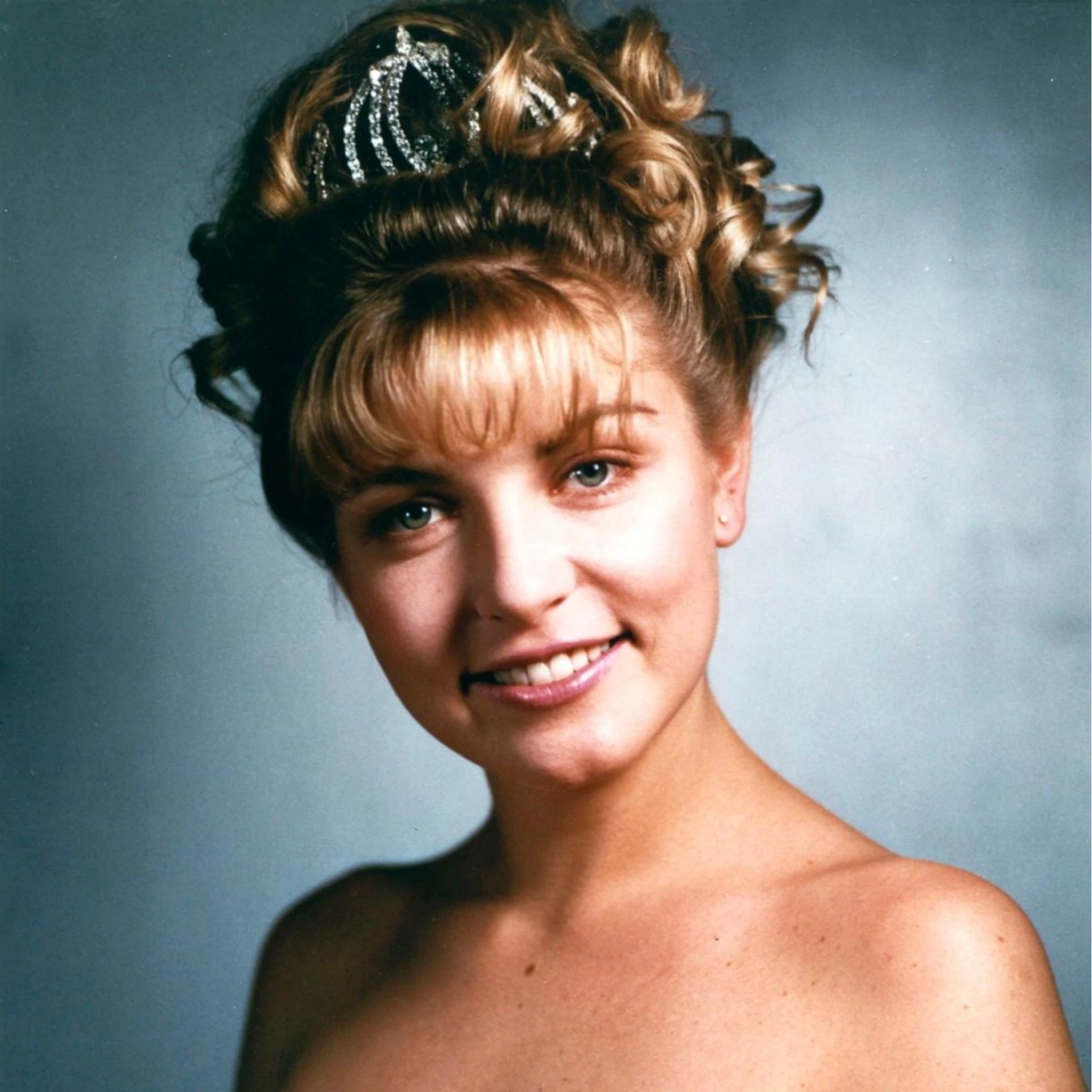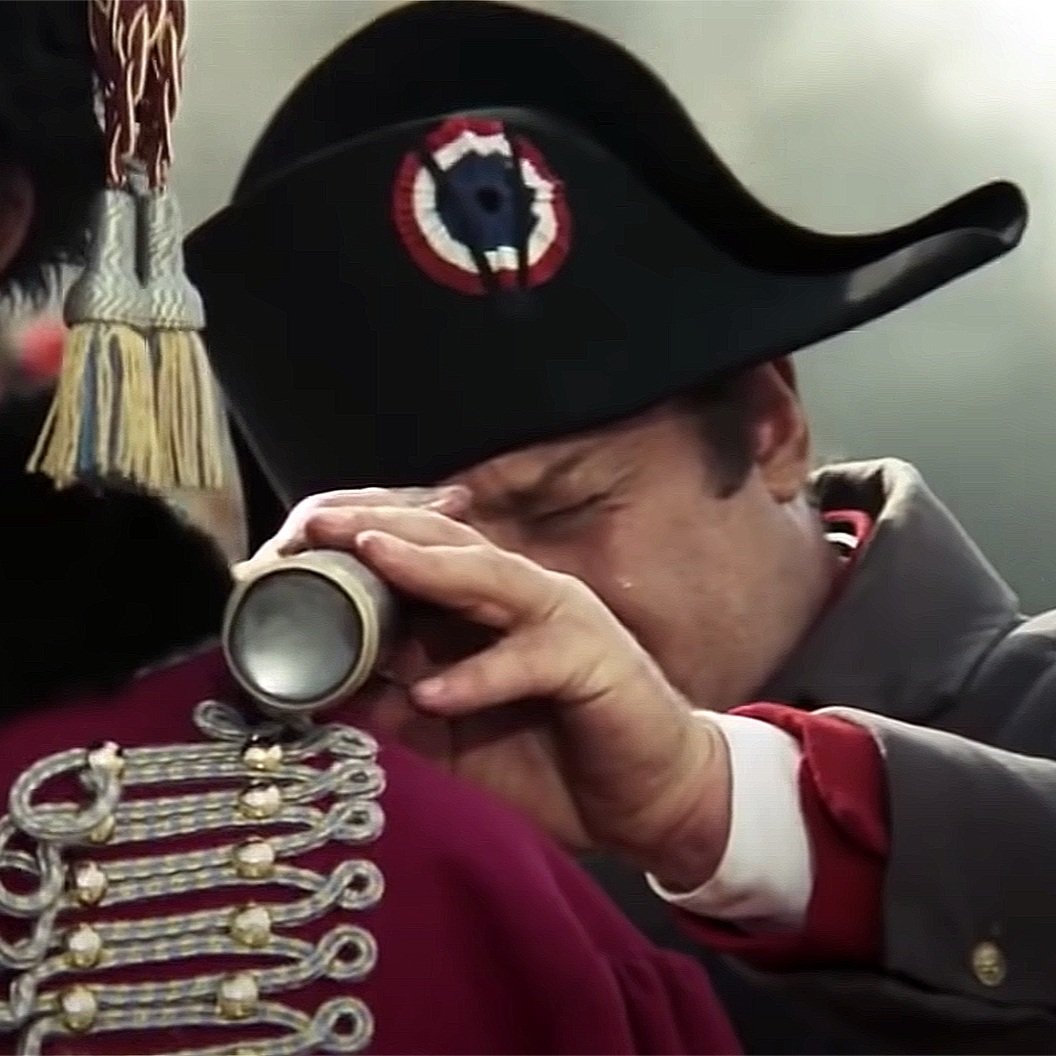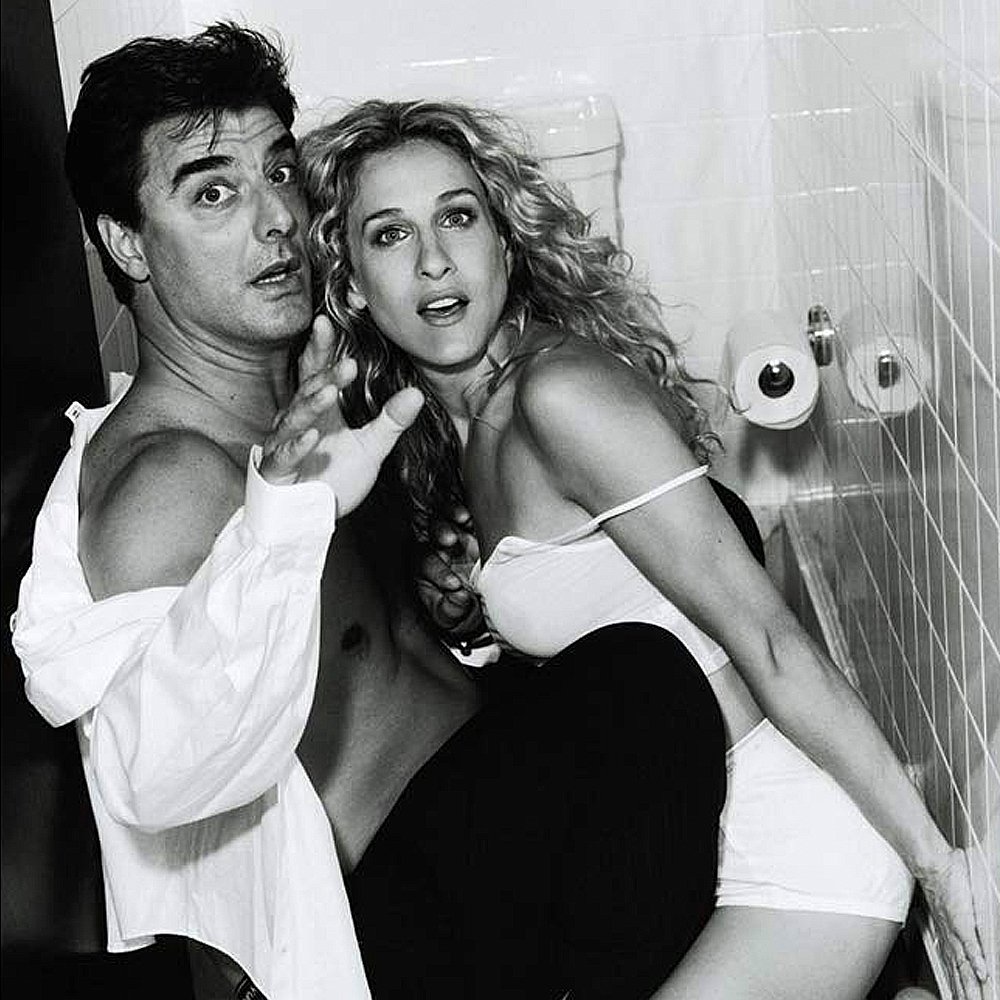Priscilla in a Man’s World
Priscilla seems like the modern auteurist project that audiences should universally embrace. But the timing of the film, so close to Baz Luhrmann’s Elvis, undoubtedly leaves many fearing an onslaught of the same story. To those who assume Priscilla is riding on the coattails of the Oscar-nominated farce, Sofia Coppola’s work simply doesn’t appear to be a tale worth telling. Instead of being seen as a refutation of the glossy Elvis—and its more docile portrayal of Priscilla—the film is written off as a cash grab. For most, the time will never be right to explore a life as overlooked as Priscilla Presley’s.
But the conversation also whips into another direction, with a feminist backlash: are we reducing a woman to her connection with a man? Coppola bears the task of truthfully representing an abusive relationship while maintaining Priscilla’s humanity. We focus on Priscilla’s relationship and its impacts, and we don’t need a recounting of her pre-Elvis interests to keep the character relatable. It’s dismissive to assume that a relationship cannot be the most influential and consuming part of a woman’s life. She wears Chanel No. 5 to capture his attention. She takes sleeping pills to keep up with his demanding schedule. She ditches her arithmetic lessons to waltz around Graceland in a nightie. Maybe we can’t relate to the glitz, but most women are unlucky enough to understand the youthful delusion of dedicating yourself to an unobtainable, never-ending fantasy. Unlike some of Coppola’s other films that focus on the unexplainable ennui of young womanhood, Priscilla has an undeniable exigence that launches us into the titular character’s intimate desires.
And Cailee Spaeny gracefully carries the burden of symbolizing the darkest hazards of femininity. We voyeuristically witness the collapse of Priscilla’s virtuousness— not just through her time with Elvis but in her mounting eyeliner and slowly retracting smile. Over the course of the film, Spaeny effortlessly evolves from a naive 14-year-old under her parents’ supervision to later, a confident twenty-something preparing to restart her life. Applause is equally due to the costuming and makeup departments—up to par with a Coppola film like Marie Antoinette—which prevent the audience from having to endlessly suspend our disbelief.
Priscilla’s adventures in Graceland immediately turn suffocating as she avoids facing her disenchanting reality. Although the scenario of a teenager leaving her home to live with a superstar should strike the audience as unusual, Coppola is diligent in ensuring that we grasp Priscilla’s isolation. Her choice—if you could call it so—to live with Elvis detaches her from her peers and typical teenage experiences. Certain scenes are particularly haunting, such as Priscilla quietly celebrating her high school graduation not with her family but with Elvis’ tuxedo-clad entourage.
There are also glimpses of Elvis’ parallel struggles. The film features references to an unseen “Colonel” character—undoubtedly manager Tom Parker, portrayed in 2022’s Elvis. Priscilla operates in a strange dialogue with Elvis, where we don’t need to see the Colonel to understand the dynamic of his toxic professional relationship with Elvis. Yet, Priscilla is so distinct from Baz Luhrmann’s world that we can barely visualize Tom Hanks’ prosthetic face and Dutch accent coexisting with our subdued characters. Coppola takes advantage of the audience’s knowledge and does not let herself replicate existing territory, choosing not to expand upon a story we have already watched ad nauseam into Oscar season.
And if you’re praying that Elvis’ character is not romanticized, rest assured. Jacob Elordi’s Elvis is rarely presented as the rock and roll star he’s memorialized as in history and in the 2022 rendition. We hear that voice in snapshot music sequences to contextualize Priscilla’s undying admiration, but the charm is quickly abandoned as their abusive relationship materializes with his increasingly violent outbursts. And although it may not have been Coppola’s original intention to forgo Elvis’ discography for the soundtrack, the choice benefits the film’s purpose of not glamorizing abuse. He’s depicted primarily as a husband and father—and not a great one.
The most emotionally potent moment of the film comes with a wiser Priscilla’s decision to pack up and leave Graceland, set to Dolly Parton’s “I Will Always Love You.” The track seems so fitting that it’s jolting to remember it was not written for this occasion, which is an impressive feat for Coppola to bend one of the most famous, overplayed songs of all time to this bittersweet ending. The scene serves as the pinnacle of both the film and Priscilla’s life. It’s a reminder that although love ends, we can grieve—their potential, the shared moments, and the parts of ourselves lost to blind hope. We can be ready for a clean slate while still plagued by memory.
The film stops here, and it has accomplished all it is meant to do—show the trajectory of one woman’s treacherous time in love. All we need to know about Priscilla is that she was a young woman with the strength to leave. And even if this story is her only legacy, I would say that’s a life well lived.
Popular Reviews

